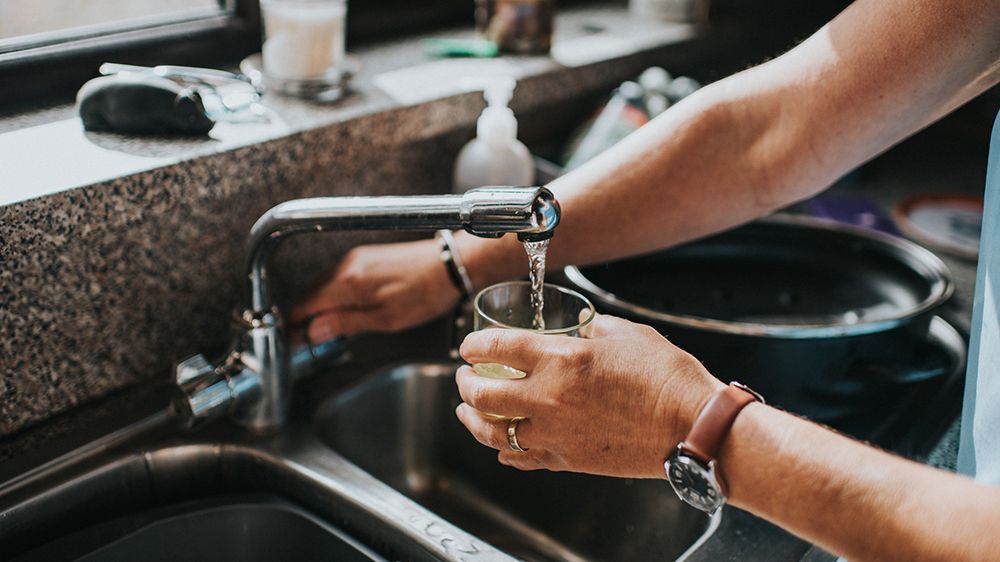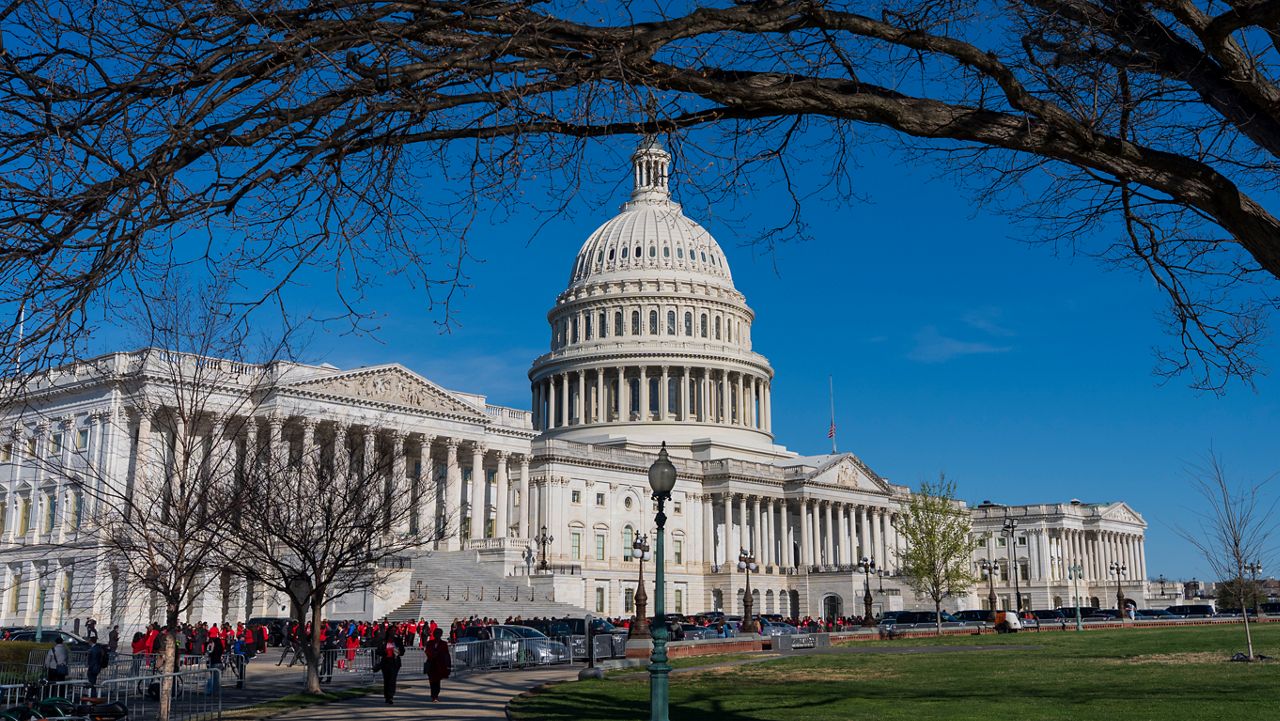ORANGE COUNTY, Fla. — Not having access to fresh, healthy food is a growing problem in Florida. It’s something state lawmakers are looking to solve with a new bill, House Bill 89, filed to the legislature this month.
What You Need To Know
- A bill was filed in the Senate that could address food access issues across the state
- The bill looks to authorize local government to enact land development regulations to permit land use for small footprint grocery stores in food insecure areas
- It's estimated that around 90,000 people are food insecure in Central Florida
The bill looks to authorize local government to enact land development regulations to permit land use for small footprint grocery stores in food insecure areas.
According to Hebni Nutrition Consultants, a nonprofit in Parramore that focuses on getting healthy food to those in need, over 90,000 people in Central Florida are food insecure, with many of them living in areas called food deserts.
But this new proposed legislation could help put the food they need right in their neighborhoods.
Glenn Providence, Executive Director of Hebni nutrition, has spent the last 16 years spreading the message of how important fresh foods are to overall health. For the last decade, they’ve taken fresh produce into food deserts across Central Florida through their Fresh Stop Bus program, something that’s gotten harder to do as food insecurity grows.
“The goal is we as we want our patients, our clients to consume more fresh produce,” said Providence.
The USDA defines food deserts as communities where at least 500 people or 30% of the population live more than one mile from a supermarket or large grocery story. It is 10 miles in rural areas. Providence said currently, there are 16 in the Central Florida area.
“There’s a food desert in South Apopka, there’s Parramore, there are certain swatches of Pine Hills,” said Providence. “You get down to Osceola county, there is some in Osceola county, there is a block in Winter Garden.”
Providence hopes that if this bill passes, more stores that carry fresh produce will pop up in areas where it’s most needed, improving the overall health of these communities.
“In the United States, your zip code is probably one of the biggest indicators of your overall health,” said Providence. “So with these food deserts, um once you start layering health data on top of that, there’s higher rates of co-morbidities, so heart disease, hypertension, obesity that exists in these neighborhoods, and it’s just a direct result of not having access to high quality, nutrient-dense foods.”
Providence shared if this bill moves forward, he could see it helping them with their goals of opening their own community grocery.
“So we’d be following act and the passage of it and what’s to come because it benefits us in the future of Fresh Stop and where we go,” Providence said.
State lawmakers can take up the bill when the regular legislative session begins in March.
If this bill passes, it would go into effect July 1, 2025.











